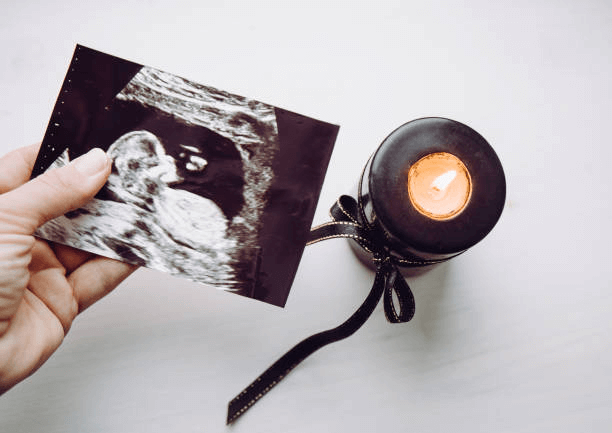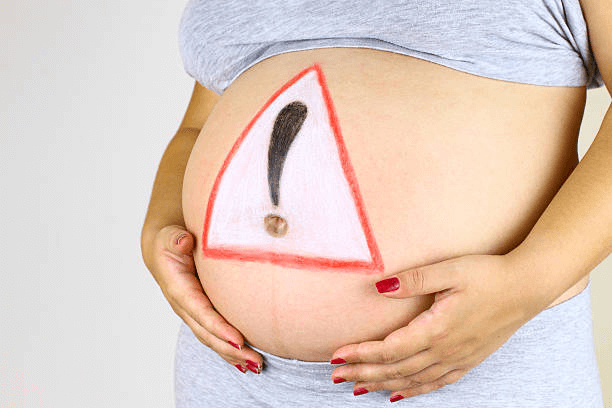Cultural Perspectives on Miscarriage Around the World

Introduction
Miscarriage, the loss of a pregnancy before 20 weeks, is a deeply emotional experience affecting millions globally. However, its meaning, causes, and coping mechanisms vary widely across cultures. This article explores how different societies perceive, respond to, and process miscarriage, shedding light on cultural beliefs, religious practices, social stigmas, and mental health support systems worldwide.
Understanding Miscarriage Across Cultures
Medical vs. Cultural Interpretations
From a medical standpoint, miscarriage is a physical event often caused by genetic abnormalities, health conditions, or environmental factors. Culturally, however, miscarriage may be attributed to spiritual forces, fate, or even personal conduct, depending on the belief system. Understanding these interpretations is essential for providing culturally sensitive care.
Cultural Beliefs About the Causes of Miscarriage
Spiritual and Supernatural Causes
- Africa: Some communities believe miscarriage is caused by evil spirits or witchcraft. Protective charms and spiritual ceremonies are common preventive measures.
- Latin America: “Mal de ojo” (evil eye) is often blamed, and mothers wear amulets to ward off negative energy.
- Asia: In parts of Southeast Asia, ancestral spirits may be considered responsible for protecting or punishing pregnant women based on past family actions.
Medical Causes Acknowledged Globally
While spiritual beliefs persist, many modern societies acknowledge the role of medical conditions like hormonal imbalances, genetic issues, and infections. For health tips on managing pregnancy symptoms, check out this First-Trimester Survival Guide.
Religious Views on Miscarriage
Christianity
Most Christian denominations view miscarriage as part of God’s plan. Memorial services and prayers are common for emotional healing.
Islam
Islam teaches that miscarried babies enter paradise. Parents may name the baby and seek comfort in religious teachings about divine mercy.
Hinduism
In Hinduism, miscarriage is sometimes seen as karmic resolution. Rituals like “Pind Daan” may be performed to help the lost soul attain peace.
Buddhism
Buddhist traditions often include ceremonies like “Mizuko Kuyo” in Japan, honoring the unborn and helping parents find spiritual peace.
Indigenous Beliefs
Many Indigenous cultures view miscarriage as part of life’s natural cycle. Ceremonies with music, chants, or offerings are performed to honor the lost child’s spirit.
Traditional Healing Practices After Miscarriage
Rituals and Healing Ceremonies
- Africa: Ritual cleansing ceremonies are common, involving herbs, spiritual prayers, and community support.
- Latin America: Curanderos (healers) may perform cleansing rituals using herbs and oils.
- Asia: Traditional Chinese Medicine prescribes herbal treatments to restore the mother’s body balance.
For tips on dietary adjustments after pregnancy, read more about food aversions and appetite changes during pregnancy.
Social Stigma and Miscarriage
Shame and Guilt
- Middle East and South Asia: Miscarriage can be associated with personal failure, causing shame and blame toward the mother.
- Western Societies: While support networks are improving, miscarriage often remains a private struggle due to societal discomfort around pregnancy loss.
Cultural Rituals and Mourning Practices
- Japan: The “Mizuko Kuyo” ceremony offers symbolic memorials for unborn children.
- Africa: Memorial feasts and prayers may be held annually.
- Europe and the U.S.: Memory boxes, plantings, and personalized keepsakes are popular ways to memorialize lost pregnancies.
Support Systems in Different Societies
Family and Community Support
- Latin America: Extended family provides emotional and physical care after a loss.
- Asia: Community elders play a vital role in caregiving and offering spiritual guidance.
Legal and Ethical Perspectives on Miscarriage
Countries differ widely in reproductive rights, medical privacy laws, and insurance coverage for miscarriage-related care. In some regions, miscarriages may be investigated due to restrictive abortion laws, adding another layer of stress for affected families.
Global Mental Health Approaches to Miscarriage
- Western Models: Focus on therapy, counseling, and support groups.
- Non-Western Models: Community-based rituals, storytelling, and religious ceremonies provide comfort and closure.
FAQs About Cultural Beliefs on Miscarriage
1. Why do cultural beliefs about miscarriage differ so much?
Cultural beliefs stem from religious, spiritual, and historical traditions passed down through generations.
2. How do Indigenous cultures handle pregnancy loss?
Many Indigenous cultures perform ceremonies to honor the lost baby’s spirit and offer closure for the family.
3. Is miscarriage still stigmatized today?
In many cultures, miscarriage remains stigmatized due to misconceptions and cultural taboos.
4. What religious practices help parents cope with miscarriage?
Prayers, memorial services, and ceremonies like Japan’s “Mizuko Kuyo” help families find comfort.
5. How can healthcare providers offer culturally sensitive support?
By understanding cultural beliefs, offering personalized care, and involving family and spiritual leaders when appropriate.
Conclusion
Miscarriage is a universal experience shaped by diverse cultural beliefs, rituals, and coping strategies. Understanding these cultural perspectives fosters empathy, reduces stigma, and promotes culturally sensitive healthcare practices worldwide.






